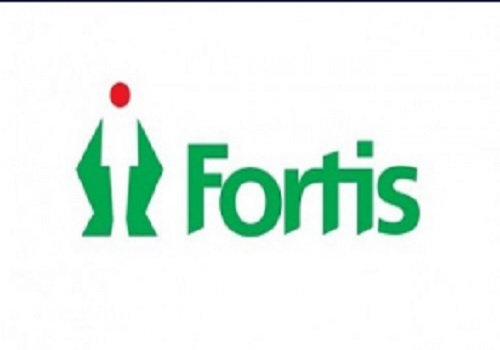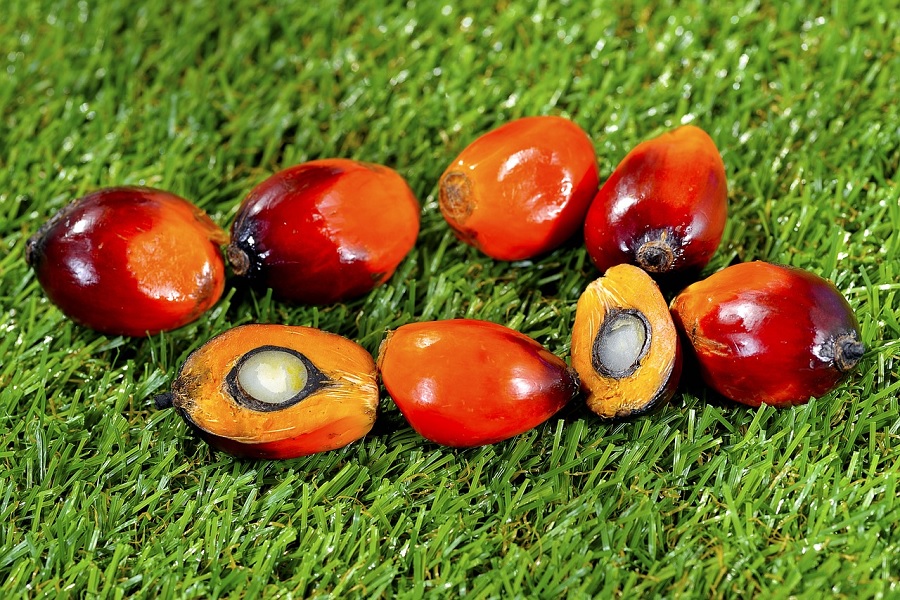Indian Cardamom Poised for Ramadan Demand Amid Guatemala Shortfall by Amit Gupta, Kedia Advisory

With Guatemala's cardamom production for 2024-25 predicted to fall by 40-50%, India's cardamom industry is preparing for a possible export boost ahead of Ramadan in February 2025. Lower supply from Guatemala, combined with crop damage from thrips, has pushed prices upward, giving Indian exporters a unique advantage despite a decline in India’s own production. While Indian prices are expected to climb to Rs.3,500 per kg in early 2025, exporters warn that high domestic prices and speculation could deter international buyers, especially from the Middle East. However, stabilization above the Rs.2,500 level has generated renewed overseas interest, suggesting a mixed outlook for India’s cardamom sector.
Key Highlights
* Guatemala's cardamom production drops by 40-50%, boosting Indian export prospects.
* India’s own production is down 50%, driving domestic prices higher.
* Indian cardamom prices expected to reach Rs.3,500/kg in early 2025.
* Middle Eastern buyers cautious due to India’s current high prices.
* Speculation and unregulated auctions could impact India's market competitiveness.
Indian cardamom prices are expected to climb as demand builds ahead of Ramadan, with Guatemala, the largest producer, reporting a 40-50% decline in production for the 2024-25 season. Damage from thrips and other factors has reduced Guatemala’s output to around 17,000 to 20,000 tonnes, giving India a potential export edge in Gulf markets. The scarcity in Guatemala has driven its cardamom prices to trade 30% higher than Indian cardamom, positioning Indian exports favorably to meet the demand spike during Ramadan in February 2025.
Indian growers, however, are also facing a reduced crop, with output down nearly 50% this season. The domestic supply shortage is projected to increase prices further, with rates potentially reaching Rs.3,500 per kg by early 2025. Planters in Idukki, anticipates that these higher prices will provide some relief to exporters amid limited supply. The high demand and limited stocks could result in an ideal scenario for cardamom traders as Ramadan approaches.
However, exporters caution that inflated prices could restrict export volumes, especially with Middle Eastern buyers hesitant to commit amid India’s current high prices. The emergence of private, unregulated auctions has also spurred price speculation, raising concerns about market stability. The inflated prices may also encourage cheaper imports from Guatemala, potentially undercutting India’s position in both local and export markets.
Despite challenges, there are positive signals, as indicated by a recent increase in overseas inquiries after Diwali. With prices stabilizing above Rs.2,500, the industry is cautiously optimistic. However, crop damage from snail infestation adds further uncertainty, as it impacts new panicles and flowers, risking additional losses in an already tight supply scenario.
Finally
India’s cardamom market is set for Ramadan exports despite high prices, but regulatory checks on speculation may be crucial to maintain competitiveness.
Above views are of the author and not of the website kindly read disclaimer









Tag News
More News

Quote on Gold by Jateen Trivedi, VP Research Analyst - Commodity and Currency, LKP Securities









